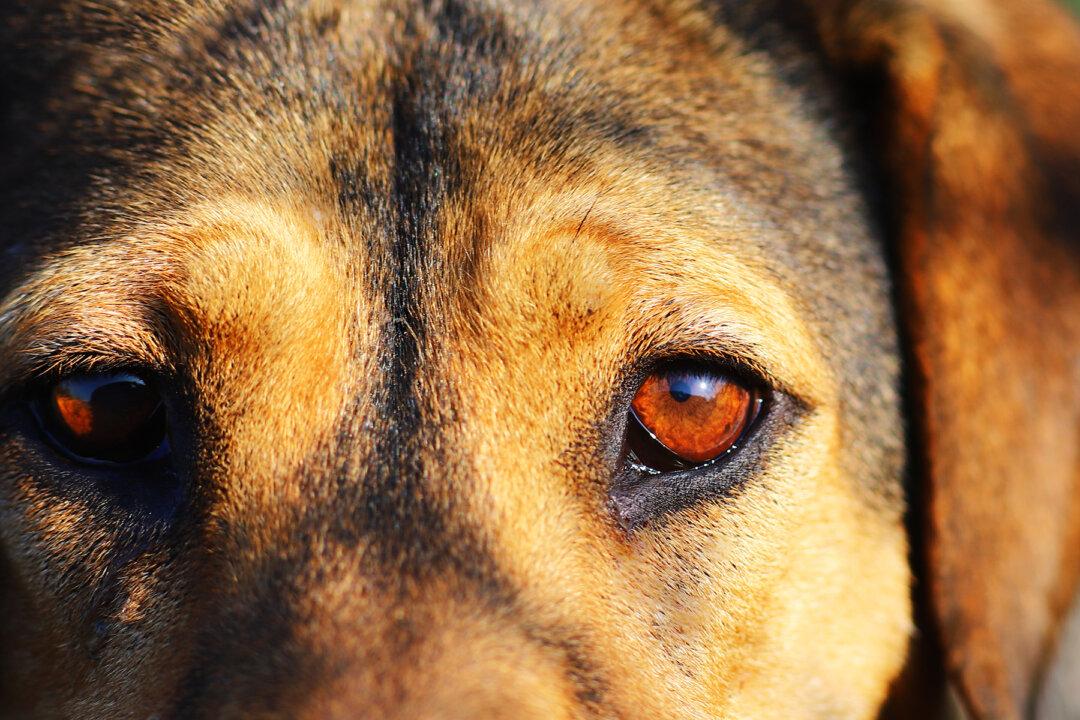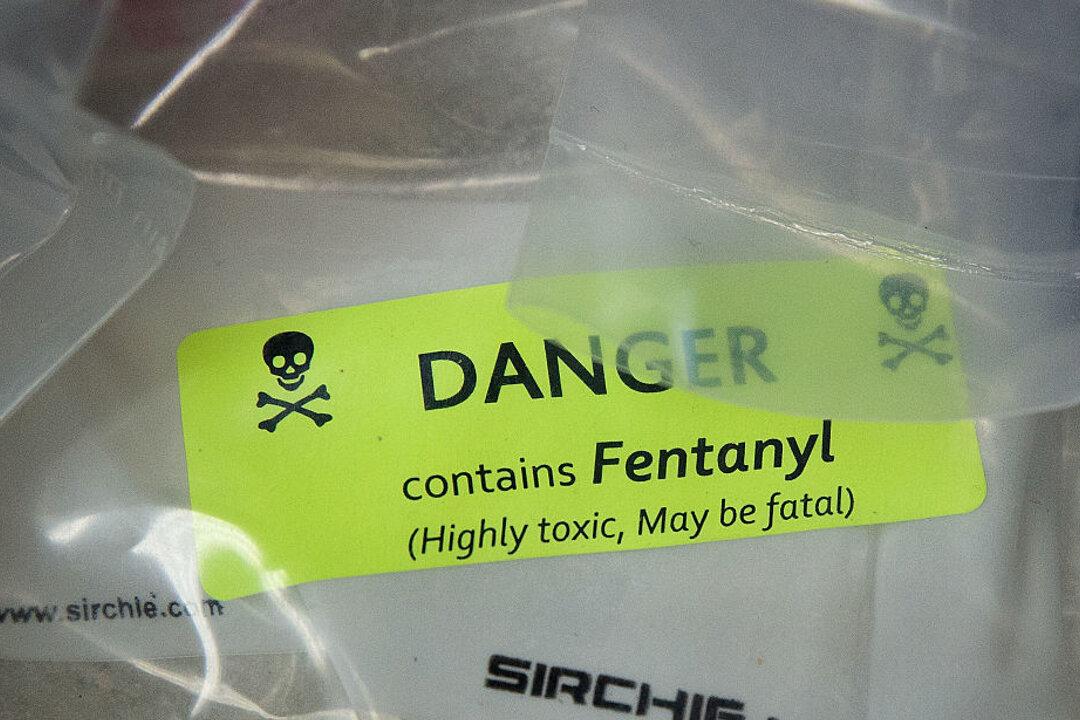With New South Wales officially 100 percent in drought, the local wildlife are also feeling the squeeze on resources. Thousands of kangaroos and other wildlife have been sighted migrating eastward to find water. But the shear number of displaced animals has resulted in a spike in roadkill on the nation’s eastern highways.
Wollondilly Council’s environmental education officer, Damion Stirling, told the MacArthur Advertiser that they had noticed an increase in roadkill in the region, just northwest of Wollongong.



